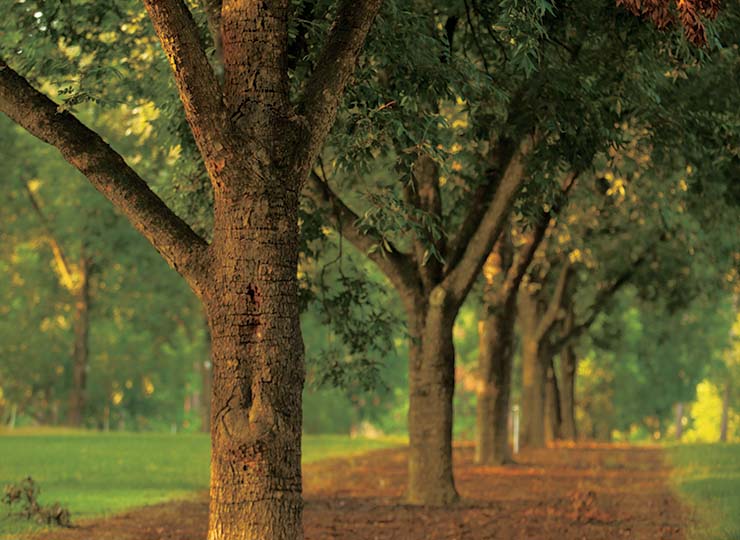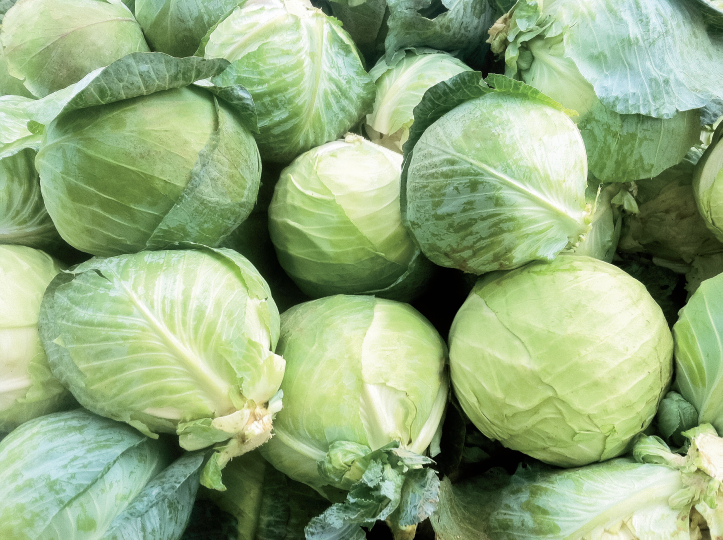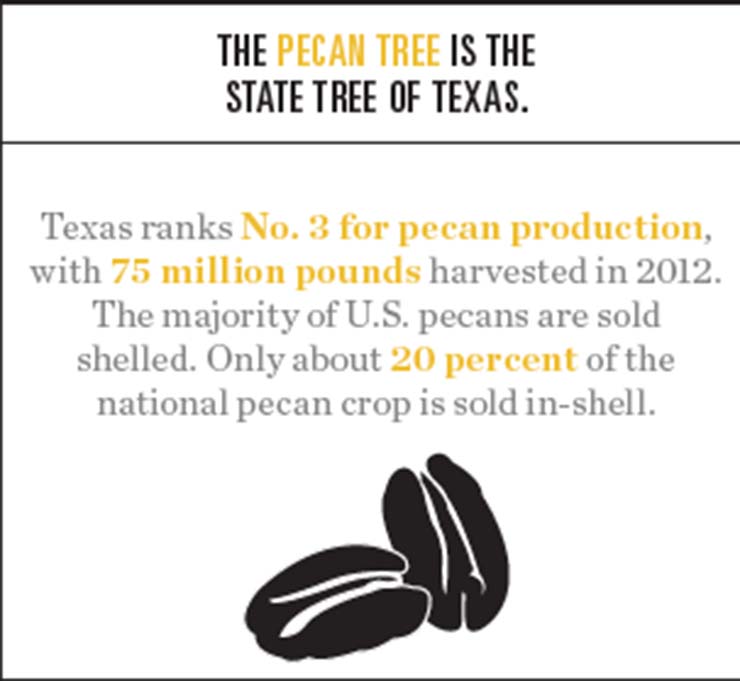Home > Texas > Texas Crops & Livestock > Texas Produces It All in Terms of Specialty Crops
Texas Produces It All in Terms of Specialty Crops
In partnership with: Texas Department of Agriculture

Texas ranks among the top 10 states for specialty crop production, shipping produce nationwide. However, much of the fruits, vegetables and nuts grown in Texas stay in Texas.
“Texas is a market in itself,” says J Allen Carnes, president at Winter Garden Produce in Uvalde.
A third-generation vegetable producer, Carnes says his family’s farm, which ships onions and cabbage across the country, has benefited from growth in the Texas market.
“In the last four or five years, there has been a huge emphasis on buying local,” he says.
As more Texans seek out produce grown nearby, the state’s specialty crop farms still emphasize providing fresh produce for the rest of the country.
Like fresh onions: Texas is the country’s second-largest grower, harvesting 120,000 to 220,000 tons annually, according to the U.S. Department of Agriculture (USDA).
“Texas has always provided a mild onion, which is what consumers want,” says Carnes, whose farm counts between 800 and 1,000 acres of onions among its 2,500 acres of vegetables. “We saw demand for our onions pick up in grocery stores during the economic downturn, and now we’re seeing greater demand from restaurants and food service.”

Texas also is among the top four cabbage-growing states, harvesting 6,000 acres in 2012. Growers here can ship field-fresh produce around the country for the important St. Patrick’s Day market. Texas green cabbage also ships year-round, with later shipments often preserved in slaw and sauerkraut.
Research Breeds Improvement
Texas usually plants more watermelons than any other state, with 29,000 acres of watermelons planted in 2012, which were grown on both dry land and irrigated acreage. Like other specialty crops, the Texas watermelon industry has received funding for research and market development through Specialty Crop Block Grants, a program mandated by Congress in the 2008 Farm Bill. One grant, which is administered by the Texas Department of Agriculture, funded Texas A&M University researchers’ evaluation of growing irrigated watermelons alongside wheat and barley, and finding ways to combat the buildup of potentially harmful salts in irrigated soil.
Cindy Wise, executive vice president of the Texas Pecan Growers Association, says that 2012 specialty crop grants also funded the development of Good Agricultural Practice guidelines for pecans and research to combat cotton root rot, which can devastate pecan plantings.
Preserving pecan orchards is important, as the industry benefits from domestic and international demand.
“Since about 2008, China has taken an incredible interest in in-shell pecans, and that’s opened up a whole new market for producers,” says Wise.

U.S. pecan exports totaled 152 million pounds in 2012, a 45 percent increase from 2011.
Texas produced 16 percent of the U.S. pecan crop in 2012; only Georgia and New Mexico harvested more. Pecans are one of the state’s highest-value crops per acre of production. Depending on nut prices, the value of Texas pecan production ranged between $75 and $160 million from 2010 to 2012, according to the USDA. High-yield pecan orchards account for the bulk of the Texas pecan crop, but about one-fourth of the state’s production comes from native pecan trees along rivers, often cultivated alongside other crops.
Wise says U.S. consumers continue to choose nuts as a healthy snack and food ingredient. “There’s a huge consumer focus on health,” she says, “and pecans are high in healthy fats and very high in antioxidants.”
That interest in eating healthier is one thing that ties Texas fruit, vegetable and tree nut producers together as they improve specialty crop production.
“Growing these crops is costly. It takes a lot to produce them,” says Carnes. “But we are making it easier and easier for people to buy fresh, healthy food.”



